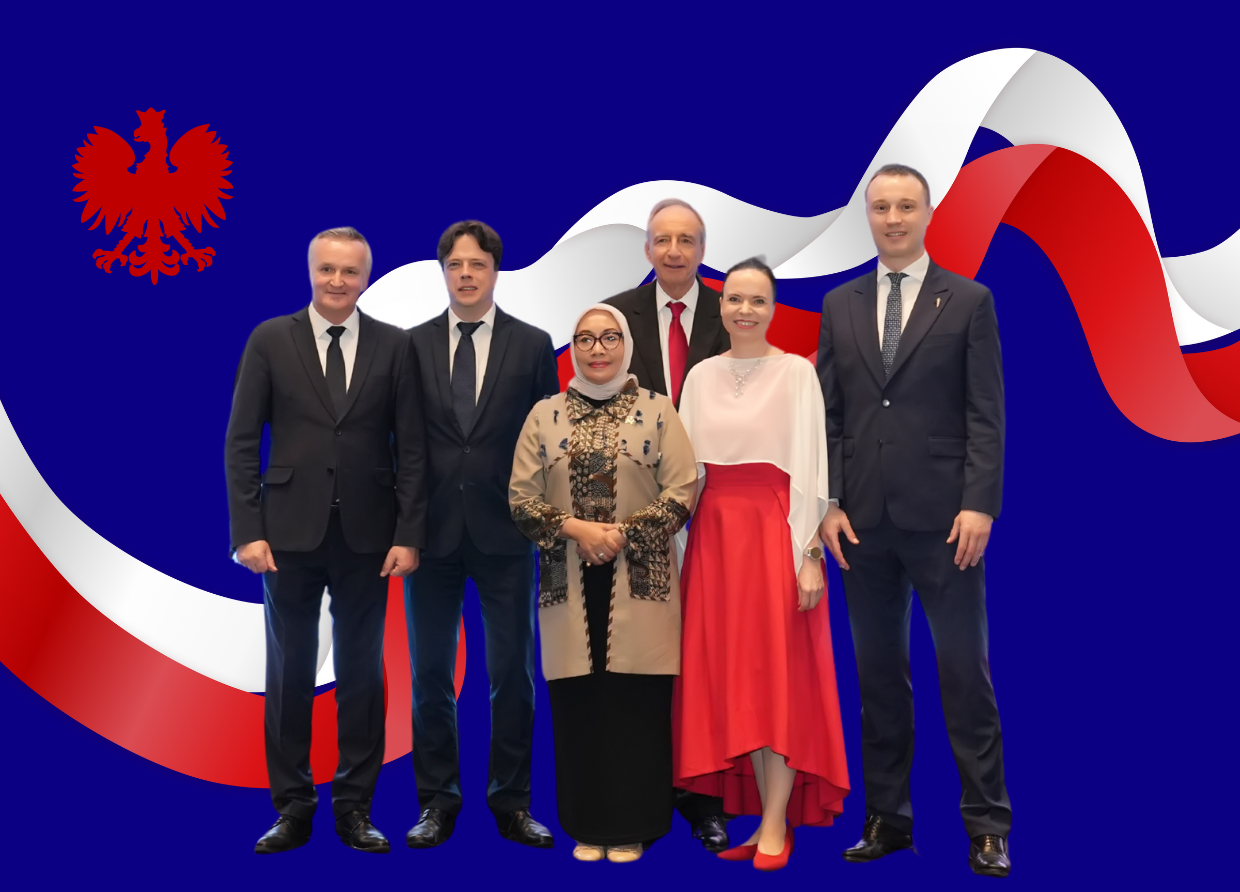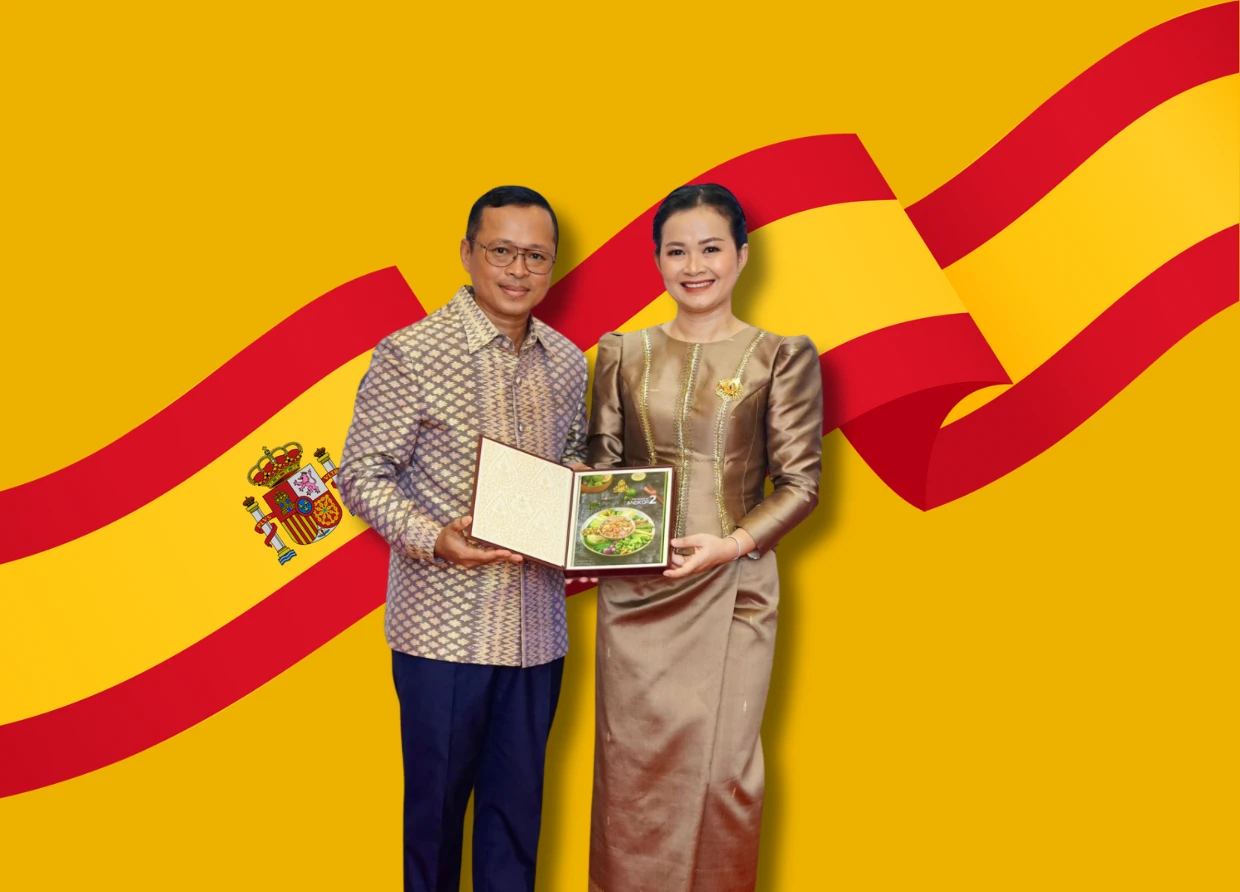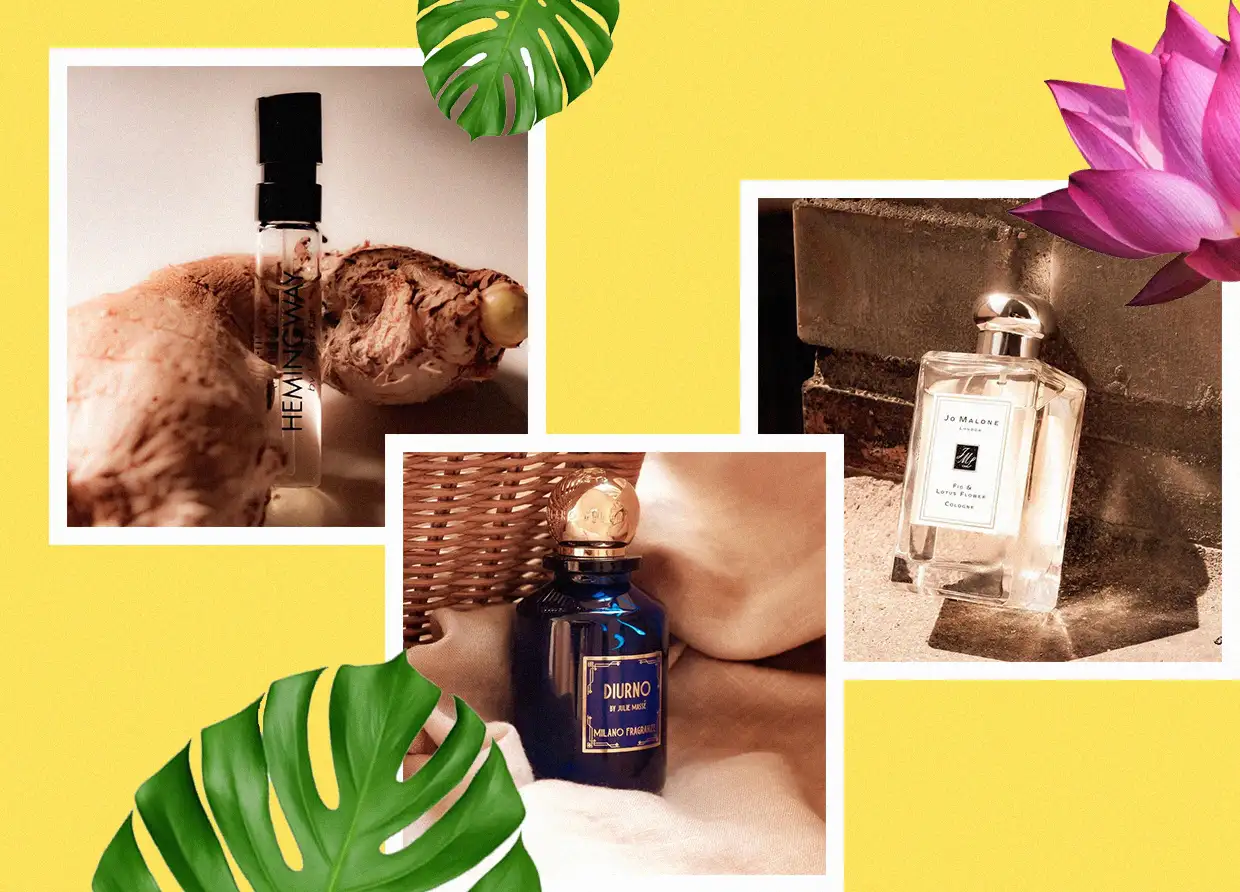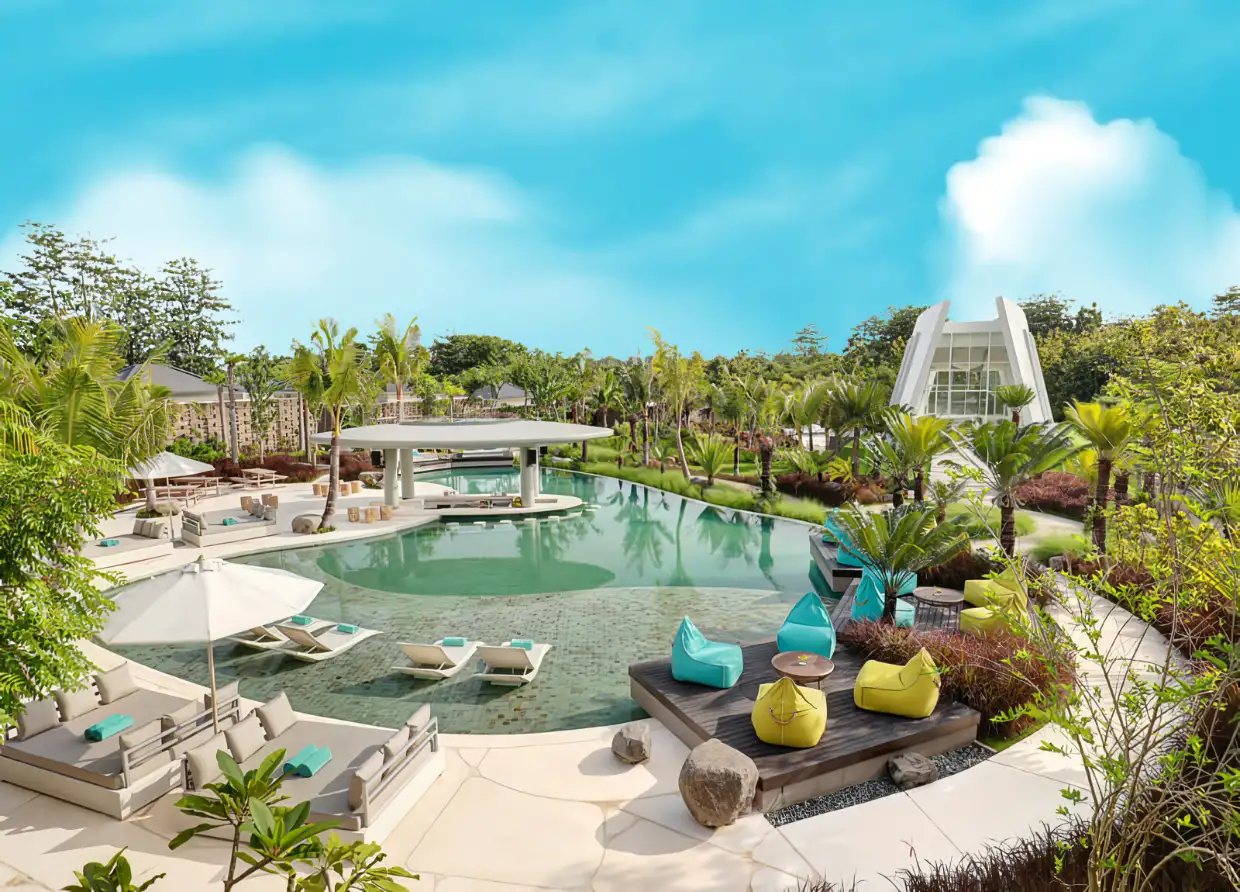BASE FOUNDER RATIH PERMATA SARI AND INCLUSIVE BEAUTY
Ratih Permata Sari, Founder of BASE, speaks about how she uses inclusive beauty in Indonesia to steal the market's attention.
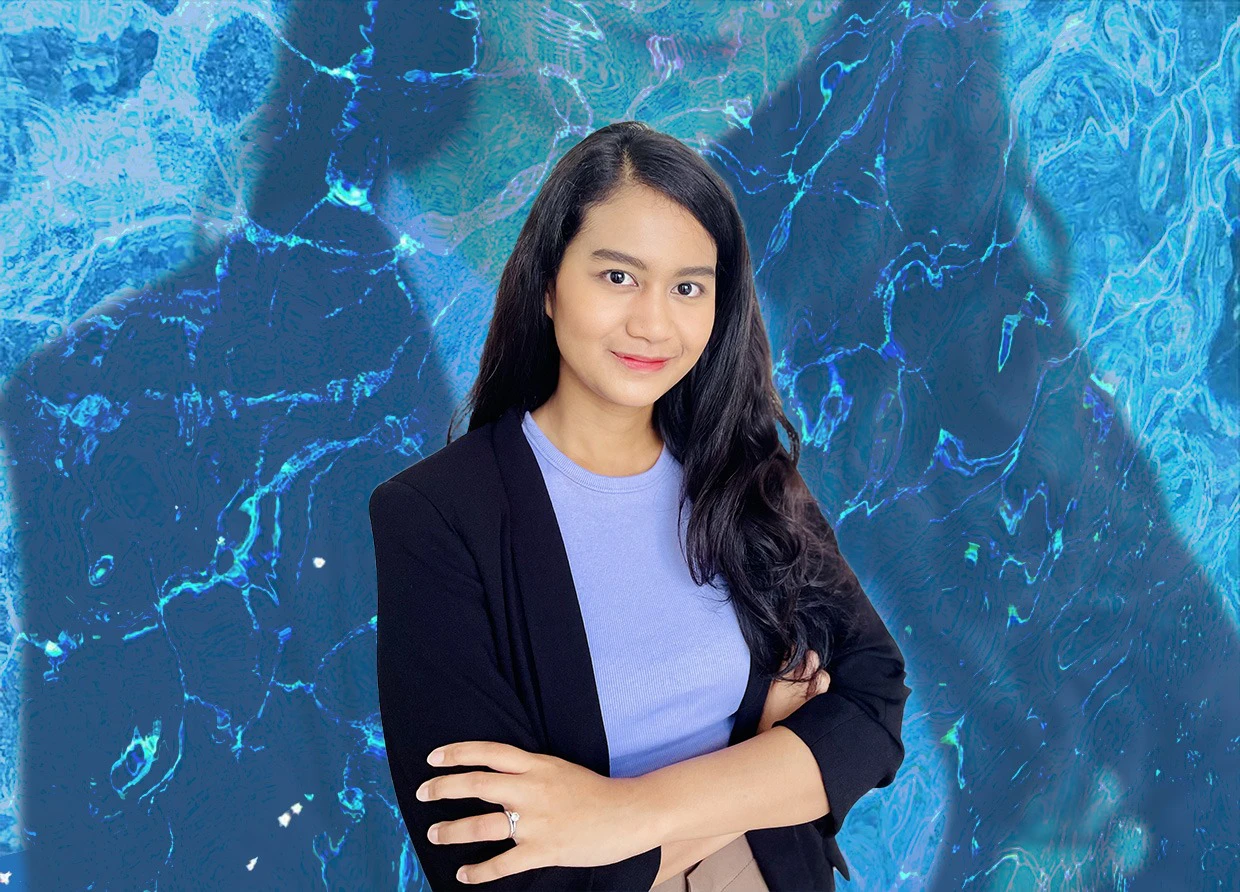
The Indonesian beauty industry is getting competitive in embracing inclusive beauty today, which is a good signal as Indonesia has diverse standards of beauty from Sabang to Merauke.
Beauty brands like BASE from Indonesia have the chance to make a significant difference by incorporating different sorts of beauty diversity in a way that is unique to them. We conversed with the founder of BASE, Ratih Permata Sari, and discussed why inclusivity is important and how BASE is employing the practice in its marketing.
The beauty industry influences how society defines beauty. Sad to say, most convey only one message: brighten our skin tone. But we think BASE has its own voice. How would BASE define beauty standards?
Since my mother's generation till today, beauty standards have been influenced by trends and how beauty products communicate about beauty, such as achieving a white skin tone in just seven days. It seems that there must be something wrong with us if we don't have a bright skin tone.
View this post on Instagram
Beauty is a subjective concept, and we at BASE feel that it should be more inclusive. We're here to make people feel better about who they are and to encourage them to accept themselves just as they are.
Could you please tell us your business journey?
Yaumi (fellow co-founder) and I joined one of the startup incubator programs in Singapore. We already had a problem we wanted to solve: how to help consumers find the right beauty products according to their needs.
When we tried to reach out to the bigger consumer through a survey, there were three big problems: First, there are so many options in the market, so they have a hard time deciding which product they want to use. Second, the price (of available products in the market) doesn't match the quality. Third, the products available in the market cannot answer the inclusivity issue they have.
Initially, we aimed to create a tool to analyze the skin's condition and recommend products on the market. However, at the time, few products could meet the needs of the Indonesian skin type. So we decided to make our own.
How to build a brand of BASE in the Indonesian beauty industry?
BASE wants to answer the diversity of skin conditions of Indonesian women by empowering our consumers so that they can freely express their individuality through our fine products. Our goal is to alleviate our customers' insecurity.
If you ask me how we built our brand, it took a long journey until now. We have a strong community to allow us to have a discussion with our consumers. We also create community events to have a conversation with our customers.
So, what distinguishes BASE from the competition? Our strategy is built on three pillars: inclusivity, community, and our quest for sustainability. What we do to the world, we believe, is a reflection of what we do to ourselves. We always use organic ingredients that are obtained from sustainable farming practices. These resources have a lesser environmental impact. Our sunscreen, for example, has a formula that adheres to coral-reef-friendly standards. We also use eco-friendly packaging and have recycling initiatives on a regular basis. We want to learn what our consumers genuinely need through co-creation. As a result, whenever we develop a product, we always involve our community.
What is the most challenging part of approaching the Indonesian market as a local brand?
The different demographics of the Indonesian people present a challenge for us. But, in our opinion, there is something more difficult — psychographics. This element focuses more on studying the more intangible features of our consumers, such as their hobbies, habits, emotions, and preferences. Content consumption in Indonesia is also one of the most challenging aspects for us.
We have discovered that in Indonesia, local influencers in local areas are more influential than top influencers from big cities such as Jakarta. So, in our opinion, making an attempt to execute localized marketing is also crucial; it will even have a significant impact on the purchasing choice phase.
Do you enjoy being a lady-entrepreneur?
The lingo "female entrepreneur" irritates me. I hope that there will be no female entrepreneurs or female bosses in the future, only entrepreneurs.
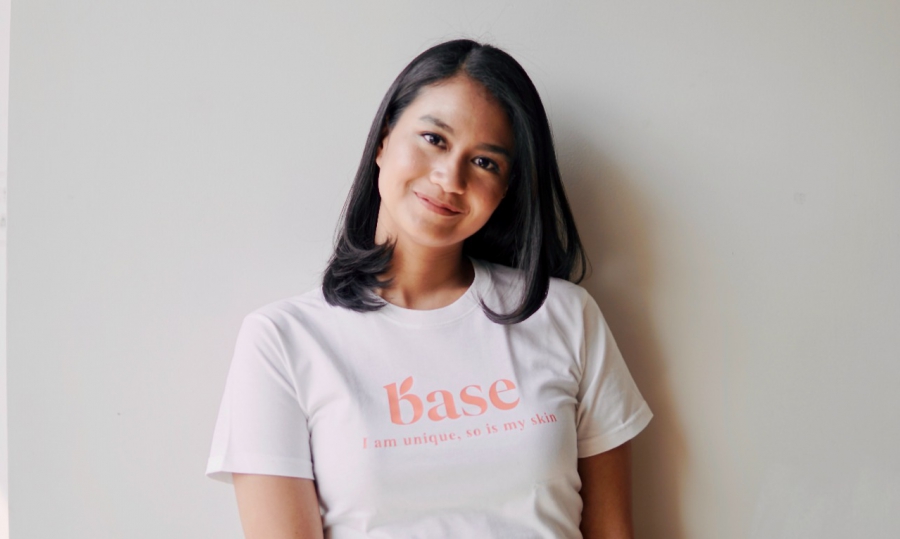
We rarely inquire about how a man balances his life and career as a businessman. Because, in the eyes of Indonesians, a guy becoming a leader is nothing out of the ordinary. I am really lucky to live in an atmosphere that encourages me to pursue my dream of being an entrepreneur.
Being an entrepreneur taught me never to stop learning and never to give up when faced with difficulty. It allows me to develop beyond my current capabilities. If I weren't an entrepreneur, it would be impossible for me to take care of the supply chain or legal things.
Being an entrepreneur taught me to take risks, make decisions, and grow my business. It's exhausting, but it's also enjoyable. All of the sacrifices I made felt equal to the results I obtained. It makes me feel like I'm growing as a person, both professionally and emotionally. My maturity level is also essential for explosive growth. A good leader, in my opinion, is one whose presence can improve the lives of others.
What is your most disliked stereotype when it comes to women who want to pursue their careers?
When I am too dominant in my perspective, others perceive me as a bossy person. When men do the same, it is perceived as assertive. One of BASE's core values is to create a work atmosphere that can assist everyone.
Aside from that, I've heard that if a woman marries, her job will suffer. There is also the belief that being a woman limits one's ability to be as productive as a guy. But I've been fortunate in my endeavor to establish BASE because there are no such prejudices.
Who was your biggest inspiration?
My mum is my idol. She is a hard worker who can also care for her children. My mother was able to disprove the assumption that if a mother works, her child will be neglected. My mother is an interior designer, and she has shown me that women can excel in a male-dominated sector.
I also admire Siti Khadijah's figure. She could have been the most successful entrepreneur in ancient times when society was worse than it is today.
#THE S MEDIA #Media Milenial #ratih permata sari #founder of BASE #local skincare brand #indonesian local brand

